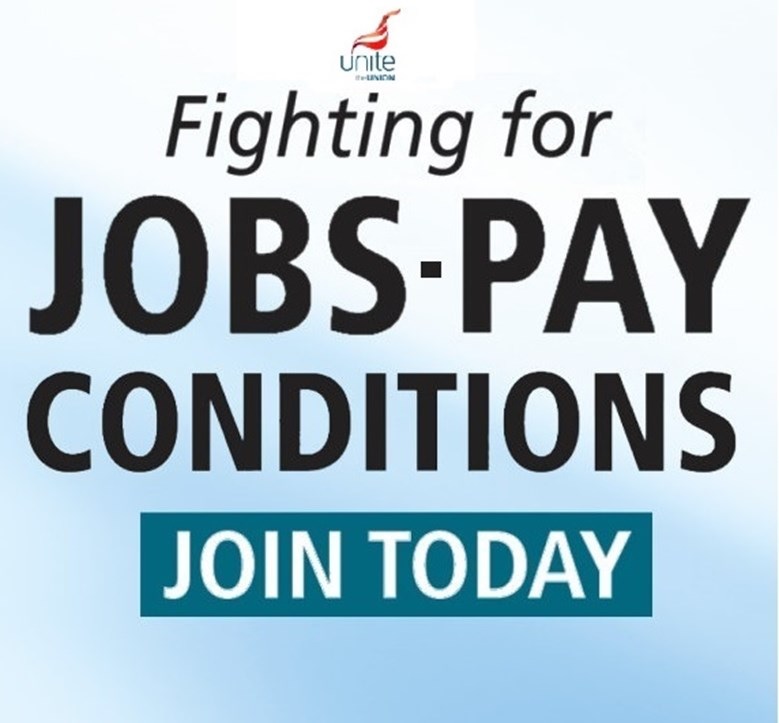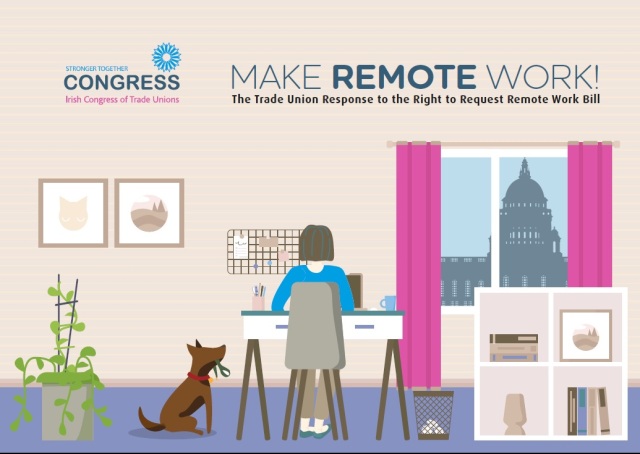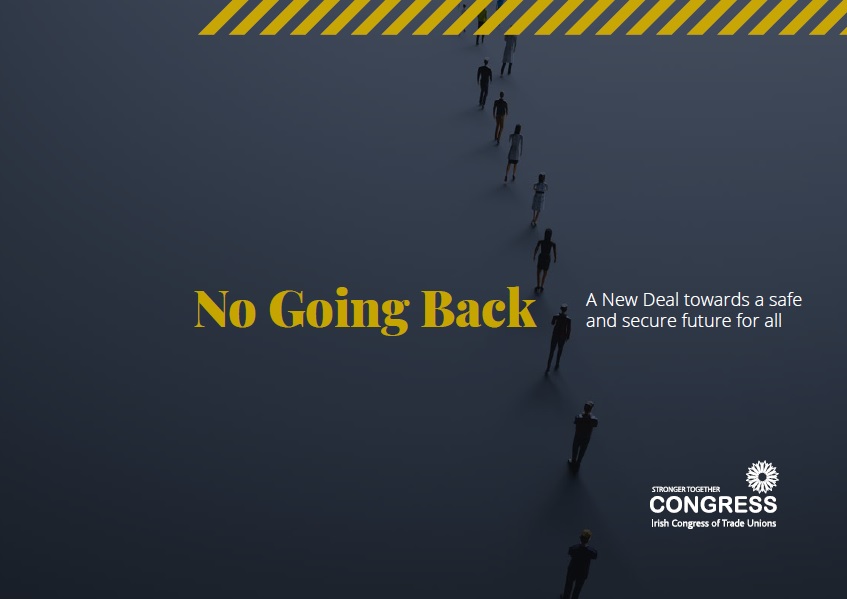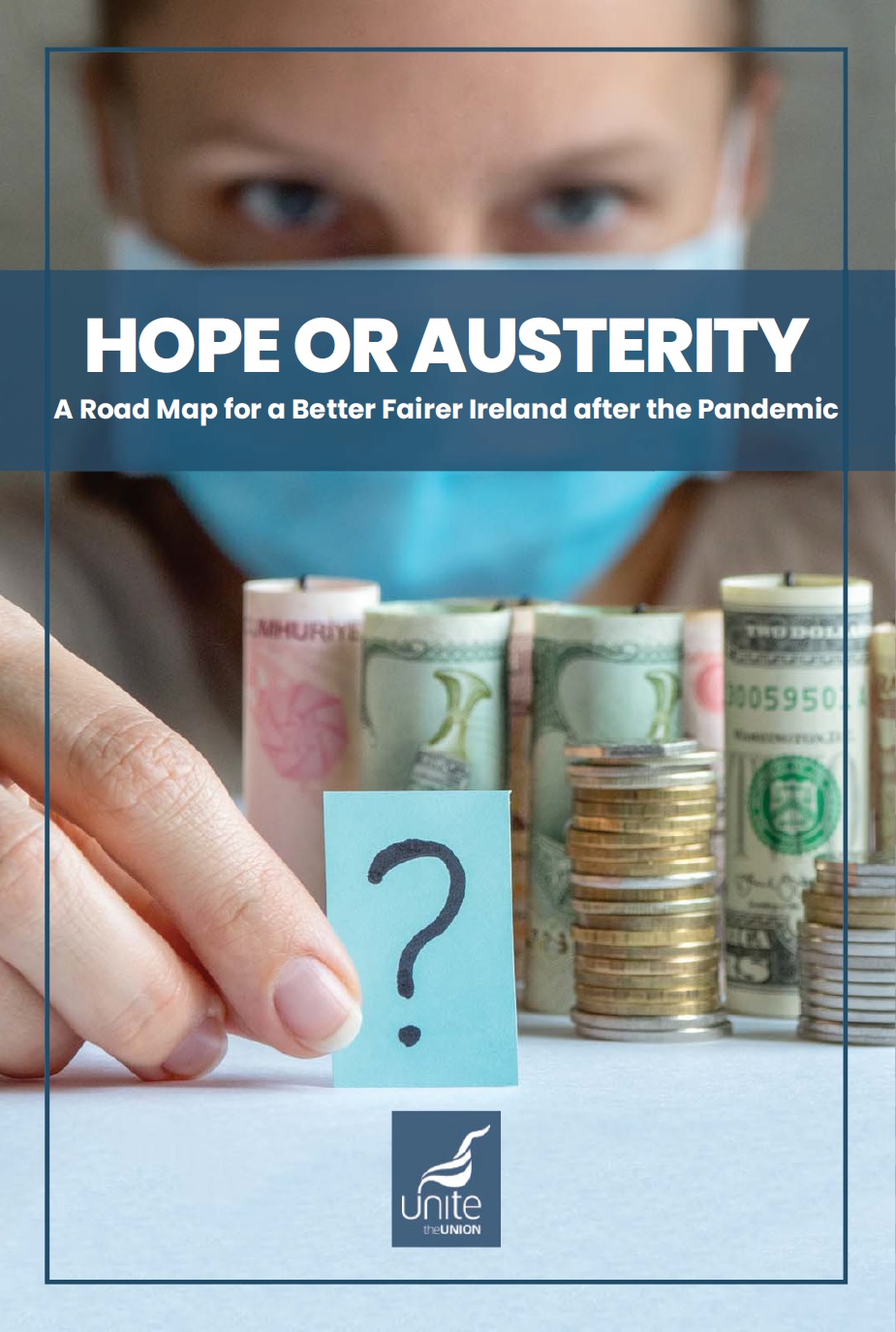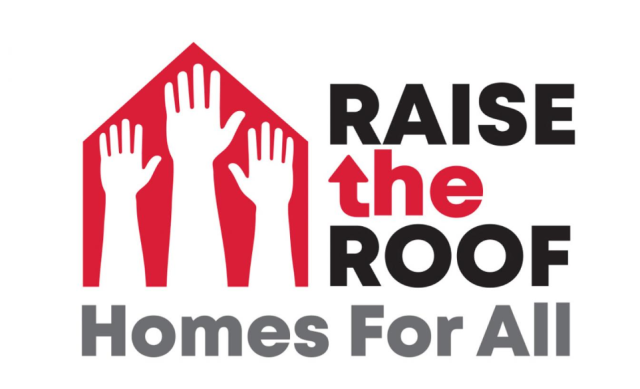 Numbers suffering fuel deprivation have nearly trebled since 2007
Numbers suffering fuel deprivation have nearly trebled since 2007
Union proposes immediate once-off fuel supplement and home energy-efficiency measures
December 14th: Trade union Unite today issued a brief report highlighting the prevalence of fuel deprivation on a county-by-county basis. Entitled A Cold Christmas, the document uses the most recent (2014) figures for the EU-SILC heat affordability indicator, which show that over 700,000 people were unable to afford heating at some point during the year, and adjusts them for county-level income figures to arrive at a county-by-county estimate.
The union also proposes a package of short and medium-term measures to address fuel deprivation. The document is available for download here.
Commenting, Unite Regional Secretary Jimmy Kelly said:
“As we head into Christmas, people throughout the country are afraid to heat their homes sufficiently because they won’t be able to afford their fuel bill come January.
“The short report being issued by Unite today uses the most recent EU-SILC figures, which show that over 700,000 people were unable to afford heating at some point during 2014, and adjusts them for county level income figures to arrive at an estimate of fuel deprivation in each county. Thus Donegal, with the lowest per-capita income, has the highest rate of fuel deprivation, closely followed by Monaghan, Offaly, Roscommon and Longford, while Dublin – with the highest per-capita income – has the lowest level of fuel deprivation. Nevertheless, our estimates indicate that well over 150,000 people in the capital will be facing a ‘cold Christmas’.
“Fuel deprivation impacts on the personal dignity, health and wellbeing of those directly affected. It diminishes family life at home and can impact on productivity at work. It also results in an increased demand on health and social services. Fuel deprivation is directly related to the increased rate of death in cold weather – what is known as excess winter mortality. The causes of fuel deprivation include low household income and poor home energy efficiency.
“The numbers facing fuel deprivation have nearly trebled since 2007, with the impact of the recession being aggravated by measures such as the cuts to Fuel Allowance. We need to ensure that the recovery spells an end to fuel deprivation.
“Unite is proposing a package of measures to address the impact of fuel poverty in the short term, and its causes in the medium term. In the short term, we are proposing that the Government make a once-off €55 payment to all Fuel Allowance and Family Income Supplement recipients, to be payable in January 2016. This would restore the value of previous cuts to fuel allowance, while recognising the impact of fuel deprivation on low-income working families.
“In the medium term, we need to boost low incomes through restoring basic Social Protection rates to their 2009 levels within three years, raising the Minimum Wage to the level of the Living Wage and tackling the scourge of precarious work. We also need to reduce energy bills by raising energy efficiency standards, and to that end Unite is proposing a national house energy-efficiency programme, including a priority retro-fitting programme for all social housing.
“Fuel deprivation imposes an unacceptable burden on individuals, society and the economy, and cannot be tolerated in 21st century Ireland”, Jimmy Kelly concluded.

